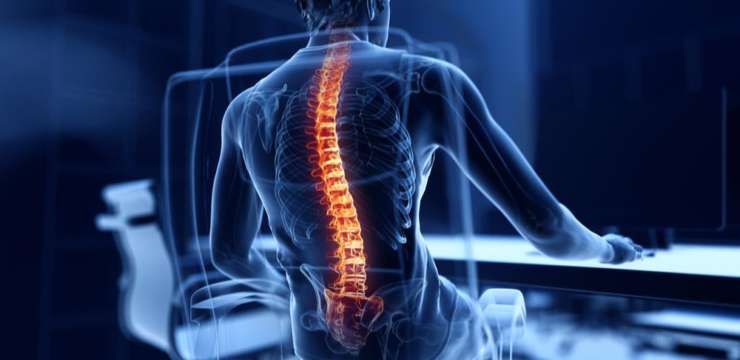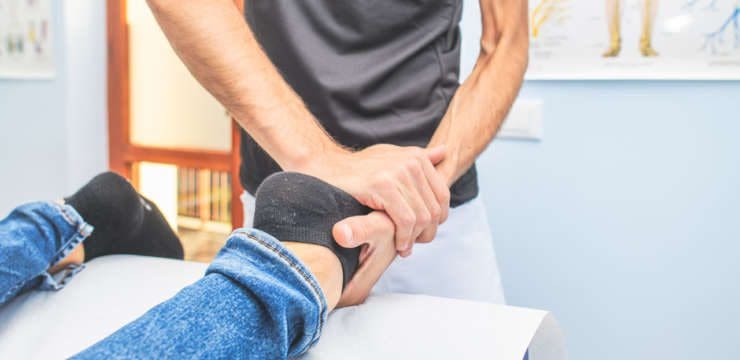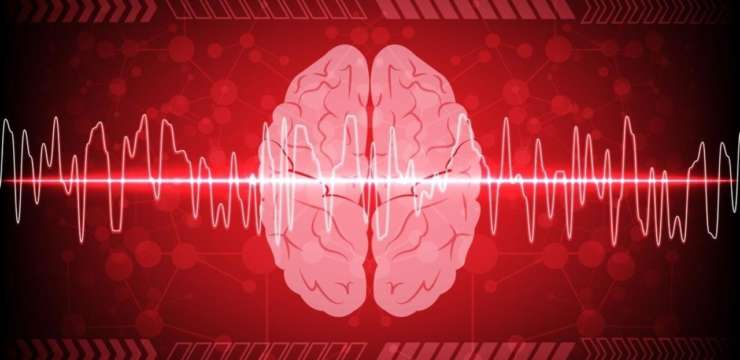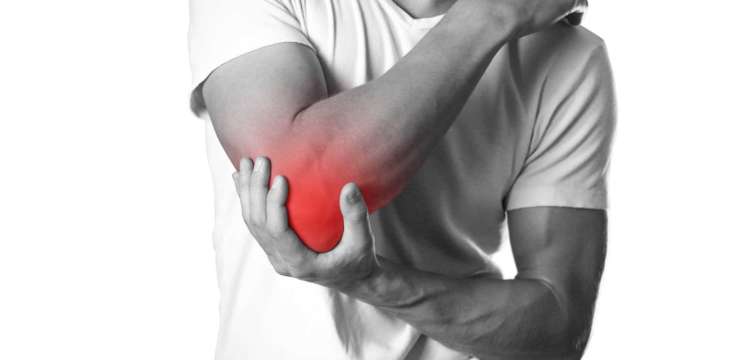
Table of Contents
A Balanced Health Coach’s Guide to Iliac Crest Pain Syndrome
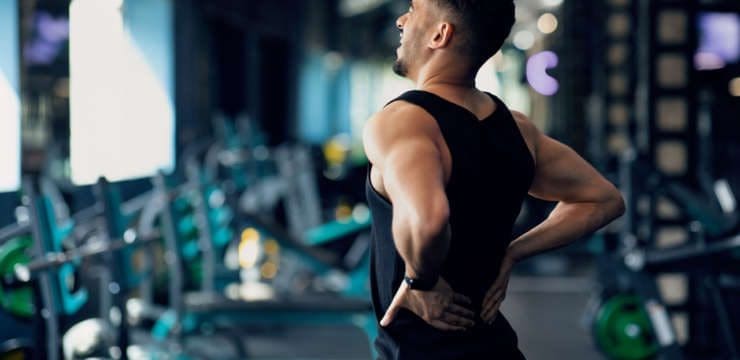
Introduction: When Hip Pain Affects Your Health Routine
Iliac crest pain syndrome (ICPS) may not be common in everyday talk, but if you’re a health coach guiding active individuals or managing pain, it’s key to know. ICPS refers to discomfort along the top ridge of the pelvis—the iliac crest—often caused by strain, injury, or poor mobility patterns. Knowing how to spot and manage ICPS can keep your clients moving confidently.
What’s Going On? The Anatomy Behind the Ache
The iliac crest sits at the very top of your pelvic bone. It supports major muscles and ligaments. One key ligament, the iliolumbar ligament, connects the lower spine to this rim of bone and helps stabilize your core. When overstretched or injured—often from repetitive twisting or poor lifting—the result is localized or radiating pain along the pelvic rim. Being aware of this anatomy helps coaches tailor mobility and stability strategies accurately (hingehealth.com).
Common Roots of the Pain
ICPS can come from several sources:
- Muscle strains in the obliques or hip flexors from overuse or improper movement (hingehealth.com, backmusclesolutions.com).
- Trauma or impact, such as a fall or sports injury.
- Ligament tears in the iliolumbar ligament from repetitive stress (drjustindean.com).
- Joint imbalances or sacroiliac dysfunction that put extra pressure on the pelvis (drjustindean.com).
- Joint stress from posture changes or aging, like osteoarthritis (chiropractic-in-malaysia.com).
Spotting the Signs: What Health Coaches Should Watch For
Clients may describe:
- Localized tenderness where their hip bones are (hands-on-hips area).
- Pain that gets worse with walking, twisting, or bending.
- Stiffness or “catching” feeling after sitting.
- Discomfort that may spread into the lower back, groin, or hips (backmusclesolutions.com).
Encouraging clients to report these specifics helps you tailor your approach effectively.
Starting Smart: Movement-Based First Steps
An effective early response includes helping clients start with:
- Gentle rest, giving strained tissues space to recover (medicalnewstoday.com, healthline.com).
- Ice application, to reduce swelling and ease pain (healthline.com).
- Gentle walking or guided mobility, promoting blood flow without overload (hingehealth.com).
These steps are excellent for pacing progress in a coaching plan.
Strength + Stretch: Real-Life Exercise Solutions
Once pain improves, targeted movement helps stabilize the pelvis:
- Hip flexor and oblique stretches, to ease tension around the iliac crest (medicalnewstoday.com).
- Core strengthening drills—like side planks or clamshells—to support pelvic posture (hingehealth.com).
- Glute and posterior chain work for greater pelvic control and resilience.
Gradually build this into a weekly plan to avoid flare-ups.
When Manual Help Works Best
For persistent or complex ICPS, incorporating manual therapies can enhance results:
- Chiropractic adjustments or soft tissue techniques can restore alignment and relieve tension (gonsteadchiropracticcenter.com, backmusclesolutions.com).
- Fascial treatments or nerve mobilizations can release tight tissues around the hips and pelvis (drjustindean.com).
- Regenerative options like PRP or shockwave therapy may support healing if conventional methods fall short (aestheticsandmedicallasers.com).
As a coach, partnering with practitioners offering these approaches broadens your toolset for clients’ benefit.
Integrative Care: A Holistic Pain Plan
Health coaching is more than movement—it’s a holistic process. ICPS may respond well to:
- Lifestyle adjustments (e.g., posture, load limits, rest routines).
- Mind-body strategies (like mindful movement or relaxation) to ease muscle guarding.
- Nutrition and supplements that reduce inflammation and support connective tissue healing.
When combined with practical movement routines, these adjustments support long-term comfort and performance.
Coaching the Recovery Journey: Tips & Strategies
To keep your clients on track, help them:
- Progress slowly—from passive relief to active strength.
- Tune into early warning signs of flare-ups.
- Use consistency and variation in movement, avoiding long static postures.
- Communicate openly about therapists or medical referrals when pain doesn’t resolve.
Summary: ICPS Isn’t Terminal—It’s Treatable
Iliac crest pain syndrome can sideline clients, but with smart coaching, it’s manageable:
- Understand the anatomy and pain generators.
- Begin with gentle rest and ice.
- Introduce tailored mobility and strengthening strategies.
- Bring in manual or regenerative therapies when needed.
- Support healing holistically through movement, lifestyle, and awareness.
With this knowledge, a health coach can keep clients moving safely, recover confidently, and reach optimal well-being.
References
- Aesthetics and Medical Lasers. (2023). Iliac crest pain syndrome.
- Back Muscle Solutions. (2023). Iliac crest pain: Causes, treatments, & more.
- Chiropractic-in-Malaysia. (2023). Iliopsoas muscles & hip pain.
- Dr. Justin Dean. (2024). Relieve iliac crest pain.
- Gonstead Chiropractic Center. (2022). Overcoming sacroiliitis with chiropractic care.
- Healthline. (n.d.). Iliac crest pain: Causes and treatment.
- Hinge Health. (2025, June 24). Iliac crest pain: Causes, treatments, and exercises.
- Medical News Today. (2018). Iliac crest pain overview.
Disclaimers
Professional Scope of Practice *
The information herein on "Iliac Crest Pain Management Strategies Explained" is not intended to replace a one-on-one relationship with a qualified health care professional or licensed physician and is not medical advice. We encourage you to make healthcare decisions based on your research and partnership with a qualified healthcare professional.
Blog Information & Scope Discussions
Welcome to El Paso's wellness blog, where Dr. Alex Jimenez, DC, FNP-C, a board-certified Family Practice Nurse Practitioner (FNP-C) and Chiropractor (DC), presents insights on how our team is dedicated to holistic healing and personalized care. Our practice aligns with evidence-based treatment protocols inspired by integrative medicine principles, similar to those found on dralexjimenez.com, focusing on restoring health naturally for patients of all ages.
Our areas of chiropractic practice include Wellness & Nutrition, Chronic Pain, Personal Injury, Auto Accident Care, Work Injuries, Back Injury, Low Back Pain, Neck Pain, Migraine Headaches, Sports Injuries, Severe Sciatica, Scoliosis, Complex Herniated Discs, Fibromyalgia, Chronic Pain, Complex Injuries, Stress Management, Functional Medicine Treatments, and in-scope care protocols.
Our information scope is limited to chiropractic, musculoskeletal, physical medicine, wellness, contributing etiological viscerosomatic disturbances within clinical presentations, associated somato-visceral reflex clinical dynamics, subluxation complexes, sensitive health issues, and functional medicine articles, topics, and discussions.
We provide and present clinical collaboration with specialists from various disciplines. Each specialist is governed by their professional scope of practice and their jurisdiction of licensure. We use functional health & wellness protocols to treat and support care for the injuries or disorders of the musculoskeletal system.
Our videos, posts, topics, subjects, and insights cover clinical matters, issues, and topics that relate to and directly or indirectly support our clinical scope of practice.*
Our office has reasonably attempted to provide supportive citations and has identified the relevant research studies or studies supporting our posts. We provide copies of supporting research studies available to regulatory boards and the public upon request.
We understand that we cover matters that require an additional explanation of how they may assist in a particular care plan or treatment protocol; therefore, to discuss the subject matter above further, please feel free to ask Dr. Alex Jimenez, DC, APRN, FNP-BC, or contact us at 915-850-0900.
We are here to help you and your family.
Blessings
Dr. Alex Jimenez DC, MSACP, APRN, FNP-BC*, CCST, IFMCP, CFMP, ATN
email: coach@elpasofunctionalmedicine.com
Licensed as a Doctor of Chiropractic (DC) in Texas & New Mexico*
Texas DC License # TX5807
New Mexico DC License # NM-DC2182
Licensed as a Registered Nurse (RN*) in Texas & Multistate
Texas RN License # 1191402
ANCC FNP-BC: Board Certified Nurse Practitioner*
Compact Status: Multi-State License: Authorized to Practice in 40 States*
Graduate with Honors: ICHS: MSN-FNP (Family Nurse Practitioner Program)
Degree Granted. Master's in Family Practice MSN Diploma (Cum Laude)
Dr. Alex Jimenez, DC, APRN, FNP-BC*, CFMP, IFMCP, ATN, CCST
My Digital Business Card


